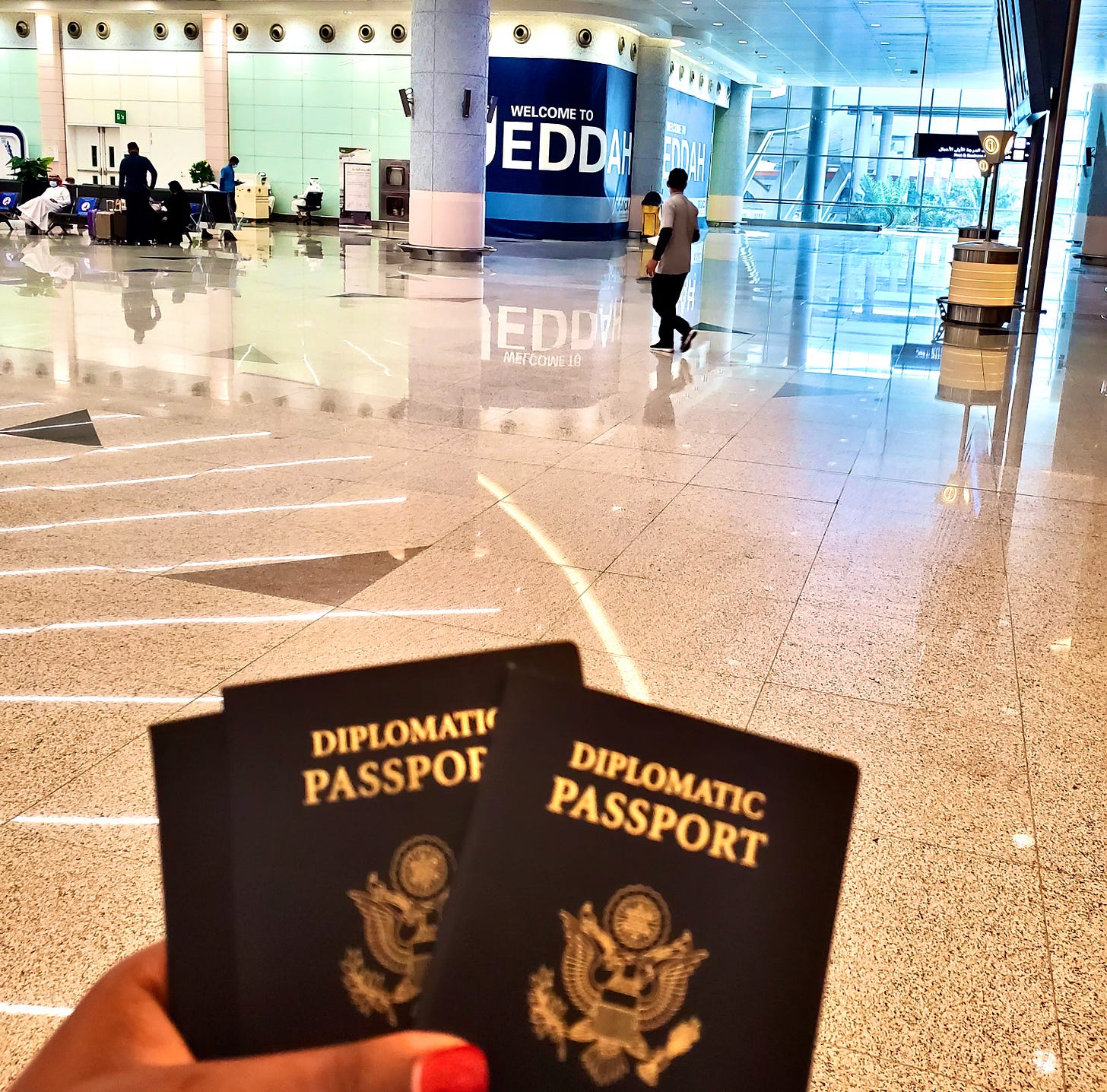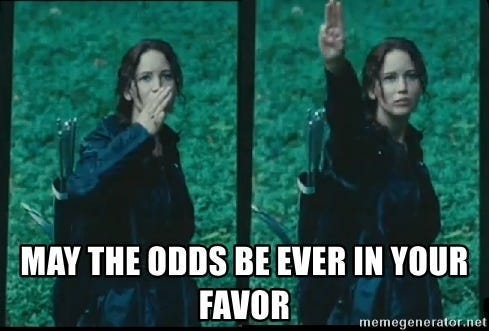I Don’t Have to Imagine What Happens When Disinformation Takes Over Societies. I’ve Seen It.
This is a true story of my experience living in a disinformation state and the parallels I now see in the current state of America.
After Biden released a CIA report stating Muhammad bin Salman was behind Jamal Khashoggi’s murder in 2021, change hit the American diplomatic community in Saudi Arabia swiftly. I was the press attaché in Jeddah, and for weeks, contacts wouldn’t return my calls, events were canceled, and engagements postponed.
At the same time, the editorials (some that were favorable to the United States under Trump) suddenly turned against Americans. Everyone was in lockstep, social media trends in the region defended the prince, and truth was, I didn’t expect anything less. It was Saudi Arabia, a monarchy—an authoritarian nation where information was tightly controlled, ideas were systematically propagated, and dissenting opinions were voiced at your certain demise.
In Saudi Arabia, information is so tightly controlled it’s almost difficult to tell what’s real.
I couldn’t rely on the typical institutions that democratic societies rely on, like the government, academia, or the media, for truth. I had to turn to my sources that weren’t available to the general Saudi public. But living there did show me what it was like to be in a society where disinformation rules.
What it’s Like Living in a Disinformation State
In countries where disinformation rules, like Saudi Arabia, every day the headlines in domestic papers praised government investments in construction, events, energy, technology, and the like. And though those things may have happened (at least in part) what was often missing was the pressure locals felt because of tax hikes on everyday goods, the strains from climate change that made the weather deadly on multiple days of the year, and the bombs from the war in Yemen spilling into the country. If you read the papers, the government had everything under control. The lack of any official record of the challenges facing society, made it seem as though there were none.
In these types of countries, people know that disassociation from politics is part of survival.
I remember sitting with a man at lunch, and he told me he could always tell when a columnist was about to disappear. The article had veered too far toward criticism. They had gone too deep. Disassociation and noninvolvement are the safe places to be mentally. You learn to accept your role in society because to dream too much or too high risks becoming dissatisfied—and trying to fix the broken institutions the government is using as mass deception tools. Putting yourself in the line of political fire.
In these types of countries, trust is scarce.
There is fear of the outsider because the only things you know to be true are the ones right in your immediate periphery. So people hold on to that while shunning or guarding against the other. Beyond the typical discrimination, this boils down to a strict reliance on just family and friends. Nepotism and corruption are rampant.
These are societies where civil liberties (like women’s and minority rights) erode, where elections are shams, and where hope is dim.
The Connections I See in America
Like disinformation states overseas, it is becoming more and more difficult to understand what is true in the United States. Books are banned, common words are censored within the government, data is being purged, and social media is manipulated for political interest similar to what I have lived through in other countries.
Today, because of disinformation, Americans are dying from the measles, and somehow we are less prepared for the next possible pandemic. We suddenly don’t know who started the war in Ukraine, and we no longer hold our democratic allies close. We worry about the vulnerable state of our election security and who will safeguard a system where, if one side doesn’t win, they will claim fraud.
A Warning About the Future Wrapped in Sci-fi
The disinformation state is the world I warn America about in my new novel, The Herd. It is a futuristic dystopian thriller where American society has lost the information war and has broken down into tribe-like factions. There, the protagonist fights to restore truth and rebuild trust in a country that no longer has a democratic path.
Informed by my experience as both a journalist and a U.S. diplomat overseas, The Herd is my way of trying to call out and push back against the walls of democracy that I see crumbling in my own country. And warn against the disinformation taking over our trusted institutions.
Disinformation is leaving American society distrustful, fragmented, and vulnerable. And unless we act furiously and with urgency about this threat, we may soon be living out the dystopian nightmare my characters exist within.
Subscribe and Share
I hope you found this newsletter helpful and engaging. Please share with any friends or family you think would be interested and feel free to buy me a coffee by subscribing if you got some use out of it.
Follow me on Instagram too!
And here is my LinkedIn.



